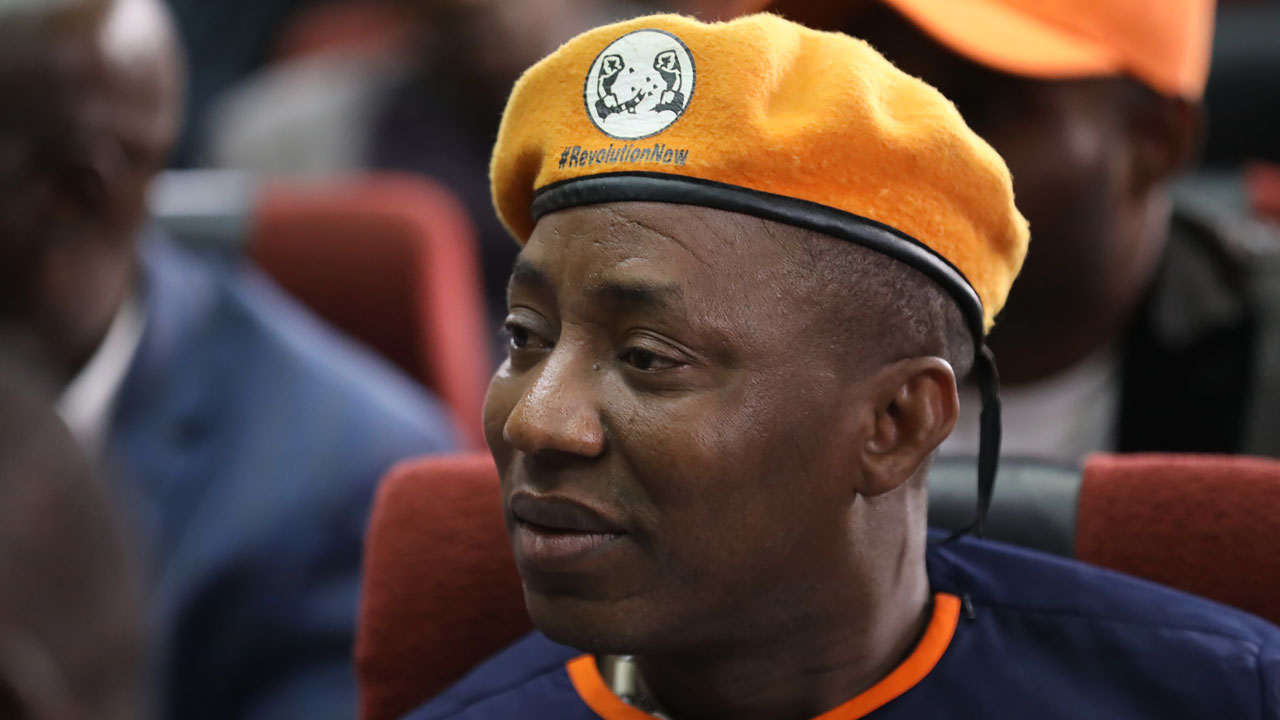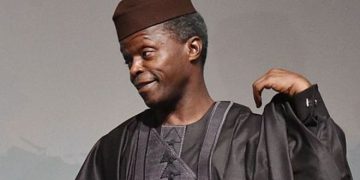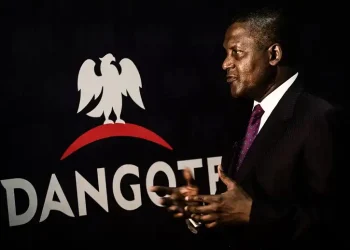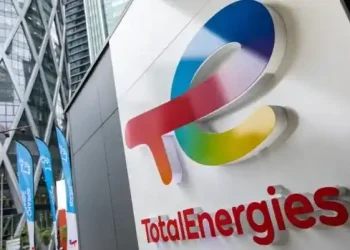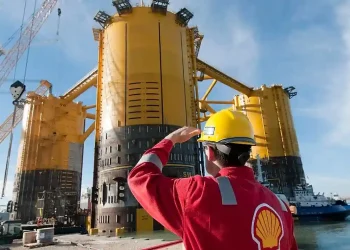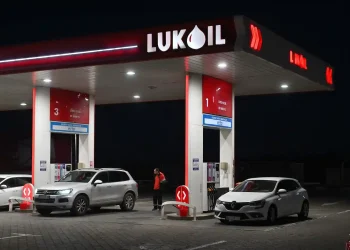The tension between PENGASSAN and Dangote presents a complex situation where both sides claim to champion national interests, but examining the evidence reveals troubling patterns that warrant serious scrutiny.
The financing structure of the Dangote refinery raises fundamental questions about who truly bore the cost of this infrastructure. If Dangote indeed accessed foreign exchange at subsidised rates during a period of acute dollar scarcity, then Nigerian citizens effectively subsidised the construction through the erosion of their purchasing power and the devaluation pressures on the naira. The promise was that this sacrifice would yield cheaper fuel, but the pricing reality tells a different story. When Dangote fuel sells at equivalent or higher prices than imported alternatives, the anticipated benefit to ordinary Nigerians evaporates. The refinery may represent impressive industrial capacity, but if it functions primarily as a profit centre without delivering the promised relief to consumers, then the public subsidy that enabled it becomes difficult to justify.
The currency dynamics present perhaps the most glaring contradictions. Dangote purchases crude oil in naira from NNPC, a concession that provides a significant advantage, yet prices the refined products at international dollar rates and exports them for hard currency. This arrangement allows the business to capture gains on both sides of the transaction while Nigerian consumers receive no corresponding benefit. When challenged to purchase crude in dollars like other refiners, the response that fuel would then be sold in dollars reveals the asymmetry clearly. The business enjoys naira-denominated costs while maintaining dollar-denominated revenues, a structure that extracts maximum value from the local economy while limiting its contribution to domestic welfare.
The employment practices described paint an equally concerning picture. If a refinery built with Nigerian resources and public support employs predominantly foreign workers in skilled positions while relegating Nigerians to lower-tier roles with inferior compensation and conditions, this represents a failure to deliver on the economic development promise that justifies such major investments. Economic nationalism is not merely about who owns assets but about how those assets generate broadly shared prosperity. Tax holidays and concessionary financing are granted precisely because they are supposed to catalyse local employment and skills development. When the primary beneficiaries of these concessions are foreign workers paid in hard currency while local workers face poor conditions and union suppression, the social contract underpinning such arrangements breaks down.
The union-busting allegations strike at democratic fundamentals. Workers’ rights to organise are not privileges that employers may grant or withhold based on convenience. They are constitutional guarantees and international obligations. If workers at the refinery face termination for exercising these rights, this is not a labour dispute but a constitutional crisis. No business interest, regardless of scale or importance, supersedes fundamental rights. The argument that Dangote’s investment magnitude should insulate the company from labour law is precisely backwards. Major investors should model exemplary compliance, not claim exemption from rules that bind everyone else.
The broader pattern across Dangote’s business empire deserves examination. In cement, sugar, and rice, the company has leveraged protection and privileges to build dominant market positions, yet consumers have not consistently seen the price benefits that justify such protection. If the oil and gas sector follows this pattern, with the company extracting maximum concessions during the investment phase and then operating primarily to maximise returns rather than serve public interest, Nigeria will have simply replaced dependence on international oil companies with dependence on a domestic oligopoly, without gaining the anticipated benefits of local ownership.
However, this analysis requires important qualifications. Building a refinery of this scale represents genuine entrepreneurial ambition and execution capability that Nigeria desperately needs. The country has suffered for decades from a lack of refining capacity, making it absurdly dependent on importing refined products despite being an oil producer. Anyone who finally delivered functional refining infrastructure deserves recognition for that achievement. The question is not whether the refinery should exist but whether the terms of its operation serve national interests adequately.
The allegations about forex round-tripping, employment discrimination, and labour rights violations are serious and demand investigation by relevant authorities rather than trial by public opinion. If these practices occurred as described, they require a regulatory response. If they are exaggerated or false, that too should be established through proper inquiry. What cannot be defended is a system where major investors operate beyond accountability, where legitimate questions about public benefits are dismissed as attacks on entrepreneurship, or where workers’ constitutional rights are treated as negotiable conveniences.
The fundamental question is not whether Dangote or PENGASSAN is right, but whether Nigeria has created a framework where major investments must deliver genuine public benefit in exchange for public support. If businesses can extract subsidies, protection, and concessions during construction and then operate primarily to maximise private returns without corresponding public gains, the country is being systematically disadvantaged by the very investments supposed to drive its development. National interest is not served by reflexive hostility to business success, but neither is it served by reflexive deference to powerful investors. It requires insisting that those who benefit from public resources and privileges must deliver tangible, measurable benefits to the broader society in return.
Comr. Joshua E. Owhor.

Seunmanuel Faleye is a brand and communications strategist. He is a covert writer and an overt creative head. He publishes Apple’s Bite International Magazine.






